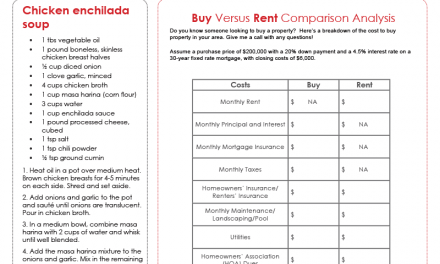When will the next economic recession arrive?
- We are already in a recession (56%, 19 Votes)
- In 2024 (24%, 8 Votes)
- Later in 2023 (15%, 5 Votes)
- Never: A new economic paradigm has ended recessions (6%, 2 Votes)
Total Voters: 34
The recession declaration continues to loom in 2023, with pronouncements about mixed signals pointing in different directions as the economy slacks.
Will our buoyant jobs market and equipment demand help the U.S. economy achieve the fabled “soft landing” promised by dovish economists? Or will it crash and burn?
95% of community bankers proclaim: the economy is already in a recession as of Q2 2023, according to the Conference of State Bank Supervisors (CSBS). This is part of the current trend towards the hoarding of cash.
Further, the CSBS quarterly survey in Q2 2023 saw its most portentous responses about the economy since the survey began in 2019, with:
- 63% expecting future business conditions to worsen; and
- 53% expecting reduced profits.
The most consistent quarterly responses related to government oversight, a favorite fall guy for blame-conscious bankers, with:
- 70% of respondents expecting future monetary policy to result in worse banking conditions; and
- 84% anticipating more intense pressure from government regulations.
Following the earlier bank failures of 2023, it’s no surprise small, more vulnerable banks are raising their hackles. Without having built up ample reserves to cushion a downturn in the economy, any slip-up is liable to cause more failures. Also, the “beneficiaries” of most financial deregulation tend to go up in flames.
Today, it is evident that the wide spread between Treasury rates and fixed rate mortgage (FRM) rates is, by design, slowing the economy.
The spread between the 10-year T-Note and the 30-year FRM historically hovers around 1.5 percentage points. However, beginning in 2022, this spread has remained near 3 points — twice the typical spread for normal economic conditions. This doubling down indicates lenders are padding their risk premiums in anticipation of additional rate increases — and mortgage defaults.
Related article:
Why should we care about small banks, anyway?
Community banks pose only a minor existential threat to the economy, and unlike their behemoth cousins — Big Banks — they are never really considered too big to fail.
So, ought the mortgage market be concerned about their warning bells?
While community banks hold a relatively small share of the mortgage market, they are an important piece in the puzzle for homebuyers and commercial property investors seeking to broaden their options. For instance, while community banks make up just 15% of the mortgage industry (as of 2019), they originate:
- 30% of commercial loans;
- 36% of small business loans; and
- 70% of agricultural loans, according to the FDIC.
The mortgage lenders who said the economy is already in a recession are undoubtedly responding to reduced mortgage originations across the industry — their profits from originations have plummeted and servicing charges will be eaten up with managing defaults and foreclosures.
For example, in the commercial market, mortgage lenders anticipate a further 20% annual reduction in mortgage originations for 2023, according to the Mortgage Bankers Association (MBA).
In reality, this decrease in originations is likely to be widespread among all providers of real estate services and much harsher. For mortgage loan originators (MLOs), the sudden decline in home sales volume and near instant evaporation of any financial logic to justify homeowner refinancing has led to an implosion in MLO professional fees.
Lower bank earnings will also lead to fewer employment opportunities for MLOs.
To ease the transition, the MLOs who remain active will abandon small banks and take shelter under the umbrellas of Big Banks for survival. For mortgage-reliant homebuyers and investors already facing rising interest rates and tighter mortgage credit, the result will be less competition, fewer options and increased costs.
Related article:
Mortgage payments jump — and misguided buyers feel driven to overpay
MLOs who want to continue earning a living during this drawn-out downturn will shift their focus to providing services to participants still active during a recession, including:
- servicers of real estate owned (REO) property;
- investors, syndicators and speculators; and
- underwater homeowners and under-capitalized sellers who need to sell; and
- sellers willing to provide carryback financing to attract buyers.
Read more in firsttuesday’s free ebook: MLO Recession Side Hustle Guide.













